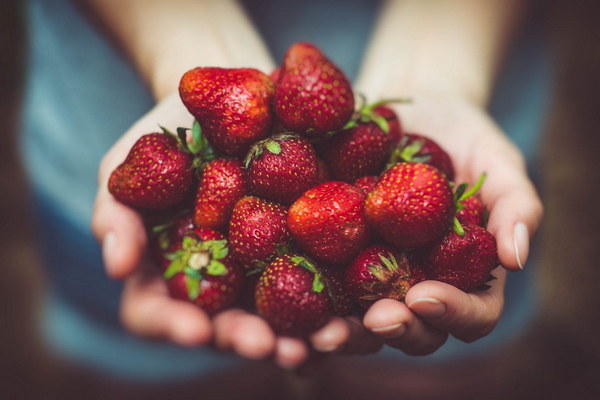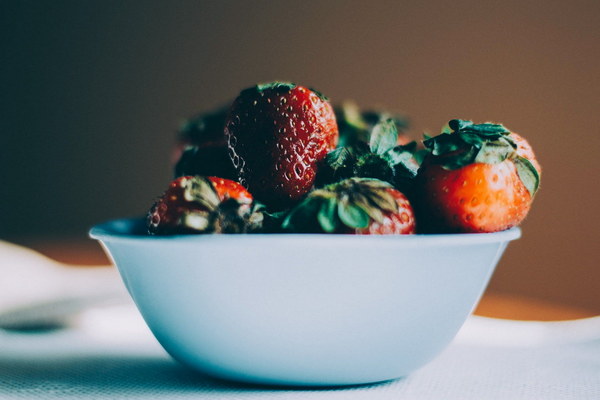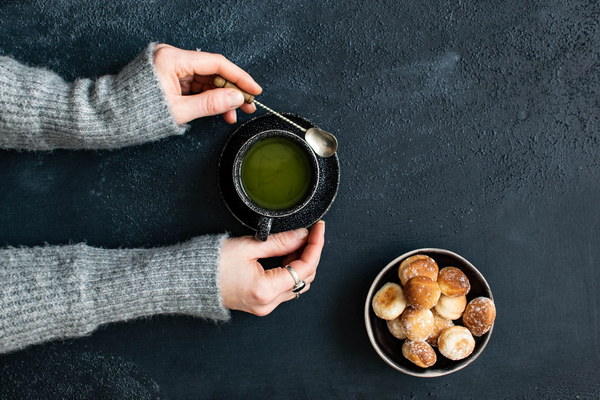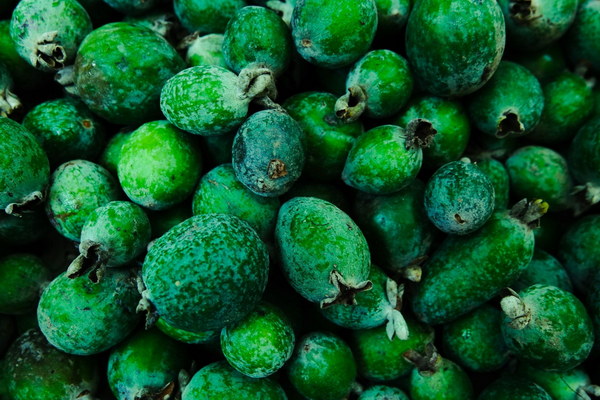Winter Solstice Health Guide for Primary School Children Nurturing Wellbeing in the Cold Season
Winter Solstice, also known as the shortest day of the year, is a time when the days are shorter and the nights are longer. For primary school children, this period can bring about changes in their health and well-being. To help them stay healthy and happy during the cold season, here is a comprehensive guide to winter solstice health for young students.
1. Embrace the Warmth
As the temperature drops, it is crucial for children to stay warm. Encourage them to wear appropriate clothing, such as hats, gloves, and scarves, to protect themselves from the cold. Additionally, make sure they have a warm coat and boots that are suitable for the winter weather.
2. Maintain a Balanced Diet
A balanced diet is essential for maintaining good health during the winter. Here are some tips to help children maintain a nutritious diet:
- Include plenty of fruits and vegetables in their meals to provide essential vitamins and minerals.
- Serve warm, comforting meals such as soups, stews, and roasted vegetables to keep them warm and satisfied.
- Offer a variety of proteins, such as lean meats, fish, eggs, and legumes, to ensure they are getting enough amino acids.
- Include healthy fats like avocados, nuts, and seeds to support their brain function and overall health.
3. Stay Active
Despite the cold weather, it is important for children to remain active. Encourage them to participate in outdoor activities, such as sledding, ice skating, and building snowmen. If the weather is too cold, they can engage in indoor activities such as dancing, yoga, or playing video games that promote physical activity.
4. Get Adequate Sleep

As the days get shorter, it is natural for children to feel more tired. Ensuring they get adequate sleep is crucial for their physical and mental health. Here are some tips to help them get a good night's sleep:
- Create a calming bedtime routine, such as reading a book or taking a warm bath.
- Make sure their bedroom is conducive to sleep, with comfortable bedding, a cool temperature, and minimal noise.
- Limit screen time before bedtime, as the blue light from devices can interfere with sleep.
5. Protect Against Germs
Winter is the season when colds, flu, and other respiratory illnesses are more prevalent. Here are some ways to help children protect themselves from germs:
- Teach them proper hand hygiene by washing their hands with soap and water for at least 20 seconds.
- Encourage them to cover their mouths and noses when they cough or sneeze.
- Keep their hands away from their face, especially their eyes, nose, and mouth.
- If they are sick, ensure they stay home from school to prevent the spread of germs.
6. Practice Mindfulness
Winter can be a time of stress and anxiety for some children. Encourage them to practice mindfulness and relaxation techniques to help them stay calm and focused. Activities such as meditation, deep breathing exercises, and journaling can be beneficial.
In conclusion, winter solstice is an excellent opportunity for primary school children to learn about maintaining their health and well-being during the cold season. By following these tips, they can enjoy the winter months while staying healthy and happy.









